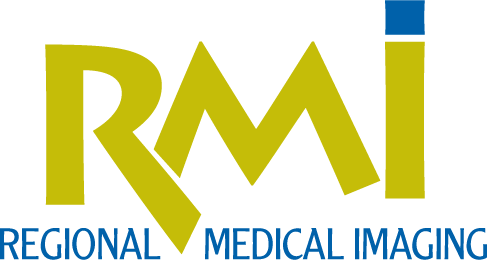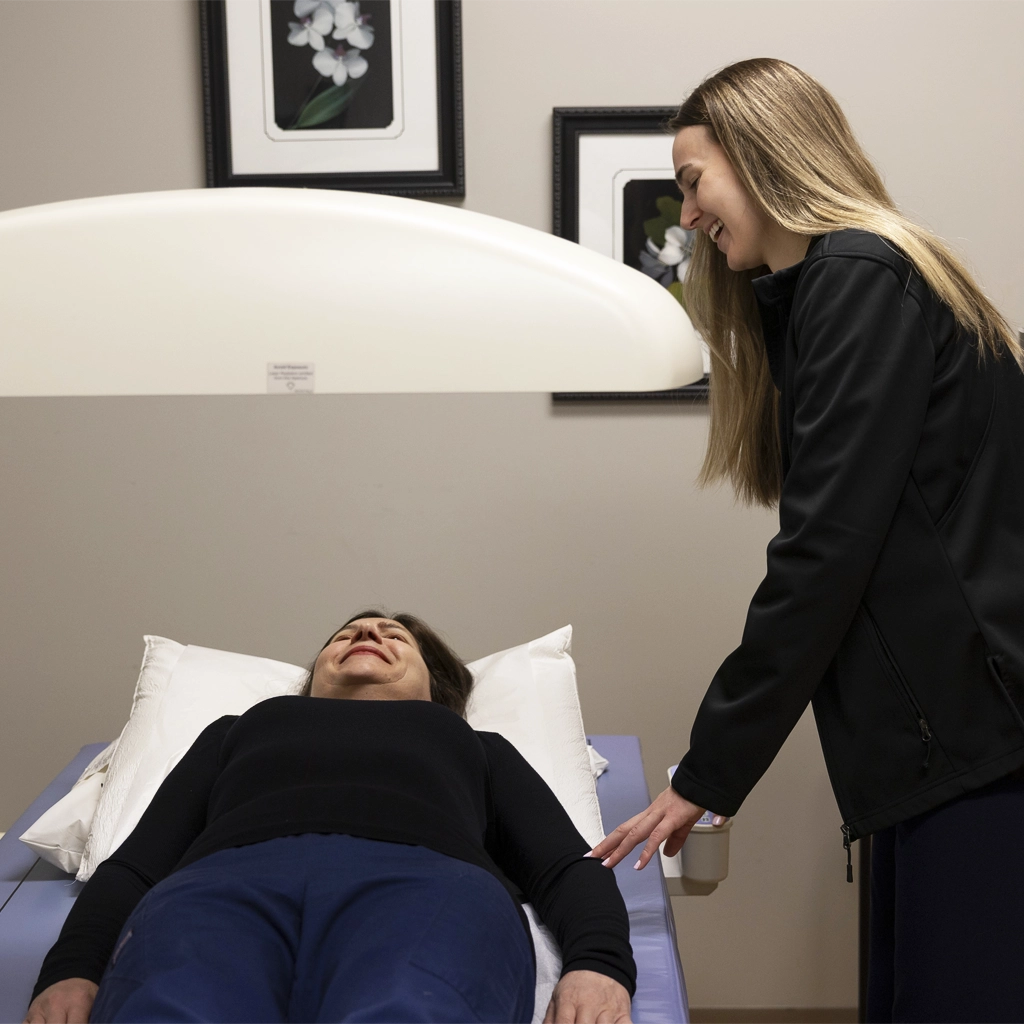Bone Densitometry/DXA
What is Bone Densitometry (DXA)?
Dual-energy X-ray Absorptiometry or DXA (pronounced “Dexa”) evaluates the mineral density of your bones. This typically examines the lumbar spine, hips and sometimes the forearm/wrist. Below-normal bone density (also known as “low bone mass”) can indicate loss of calcium from osteoporosis or other metabolic conditions. Although most common in women after menopause, osteoporosis sometimes affects men or younger women.

